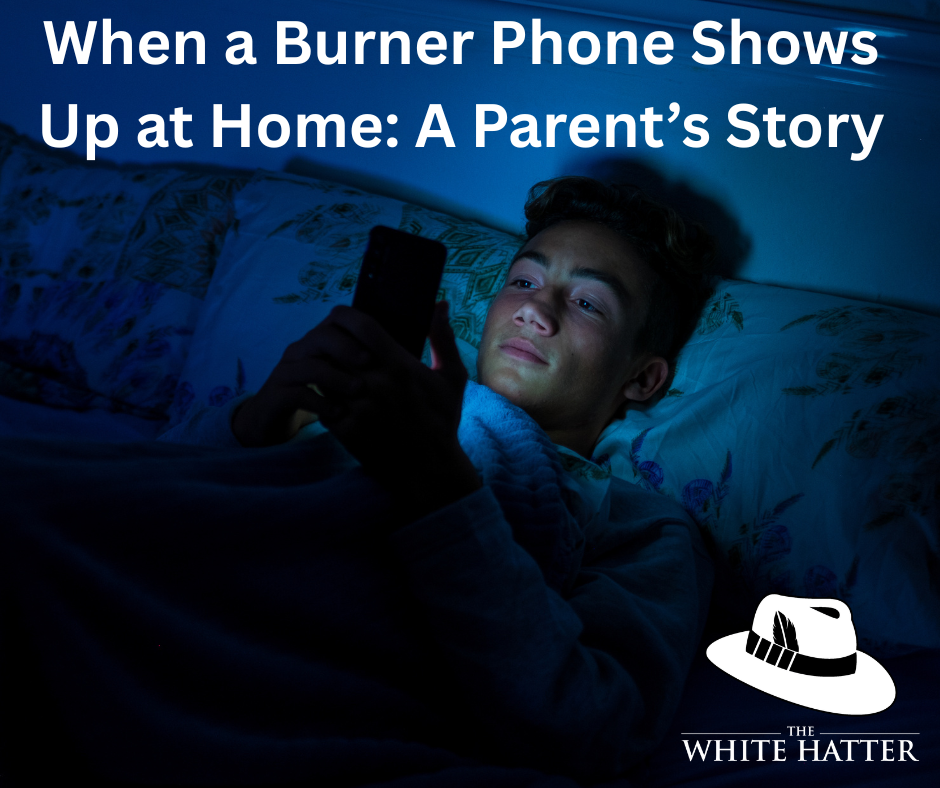“6,7” and the Language of Gen Alpha
- The White Hatter
- Sep 19, 2025
- 2 min read

This week, we spoke to a group of more than 50 seasoned educators about current events shaping the digital world of youth and teens, including technology, the internet, and social media. During the session, we intentionally said the phrase “six seven.” Almost instantly, most of the room asked the same thing: “What does that mean? Our students say it all the time.”
Welcome to one of the latest trends taking over classrooms, group chats, and family dinner tables, Gen Alpha’s use of the phrase “6,7.”
So what does “6,7” mean?
The phrase comes from a music track called “Doot Doot (6,7)” by American rapper Skrilla. Like many slang terms, its meaning depends on context. For some, it’s a throwaway expression to show indifference. For others, it’s a verbal filler, almost like saying “whatever.”
In schools, though, teachers report it constantly interrupting class discussions. In some cases we believe youth and teens are using it as a form of malicious compliance, knowing that it irritates adults and leaning into that power.
Every generation develops language that belongs to them. For Boomers, it might have been “far out.” For Gen X, maybe “whatever.” Millennials had “YOLO,” and Gen Z popularized “slay.” Now, Gen Alpha is remixing music, memes, and internet culture into shorthand that adults often struggle to follow.
These phrases serve an important purpose: they create an in-group identity for young people. They also highlight the communication gap between adults and youth, often leaving parents and educators feeling bewildered.
While slang might seem trivial, it reflects how today’s youth form identity, express independence, and sometimes challenge authority. In the case of “6,7,” its rise shows how quickly music and online culture can shape everyday language.
Rather than dismissing these expressions, parents and educators can use them as conversation starters. Ask kids what they mean by the phrases they use. Show curiosity instead of frustration. Doing so opens a window into their world and reduces the generational gap.
If your child or student still plays coy with providing an explanation, one of the best free tools to help decode slang is Urban Dictionary. (1) While not always perfect, it’s often the fastest way for adults to get a sense of what their kids are talking about. Think of it as the Rosetta Stone of digital slang.
Slang like “6,7” may be confusing to adults, but for youth and teens, it’s part of the normal rhythm of growing up and separating their world from ours. The key isn’t to police every word but to stay engaged, listen with curiosity, and recognize that language has always been a moving target across generations.
Here’s a great YouTube Short where a university linguistics professor talks to a group of teens using their language which we thought was brilliant! (2)
Digital Food For Thought
The White Hatter
Facts Not Fear, Facts Not Emotions, Enlighten Not Frighten, Know Tech Not No Tech
References:














